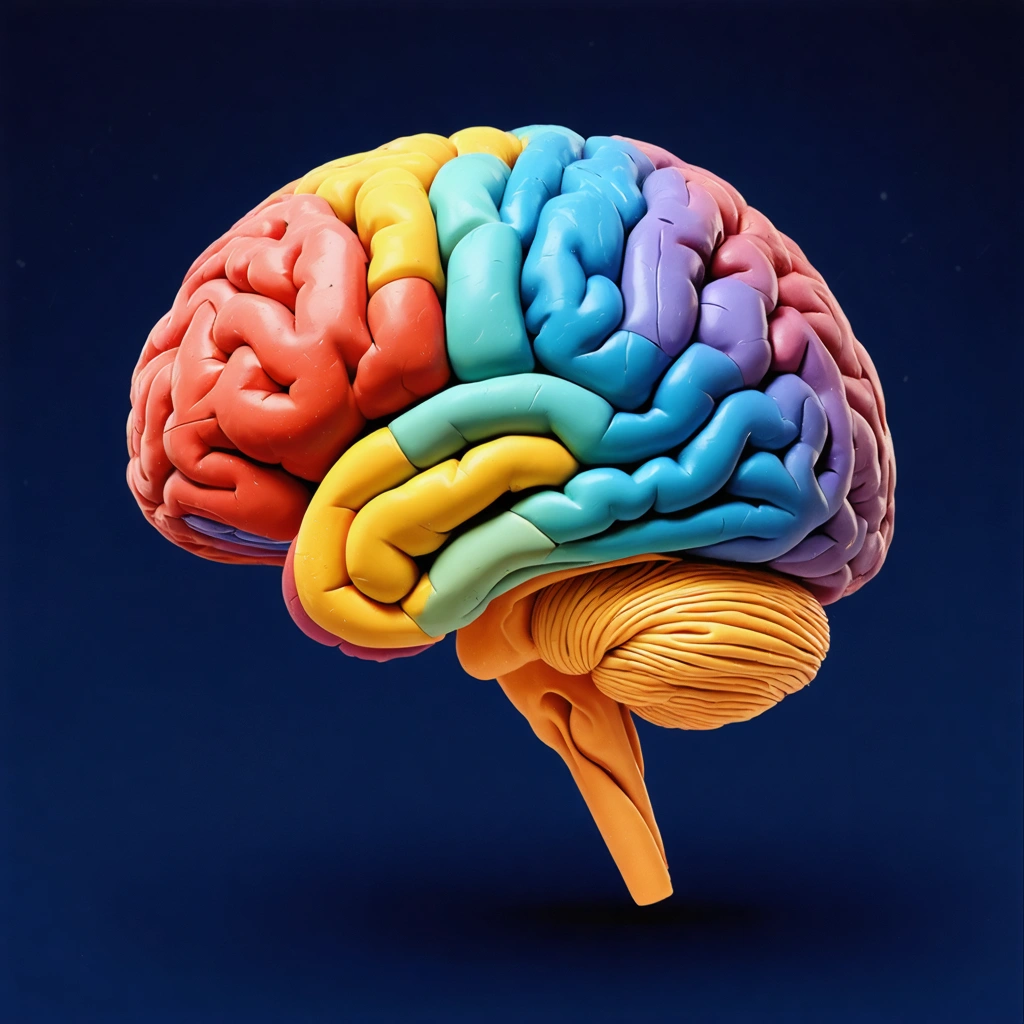
Introduction to Alzheimer’s Disease
Alzheimer’s disease, a debilitating neurodegenerative disorder, is one of the most pressing and elusive challenges currently facing the medical community. This disease exacts a heavy toll not only on the patients who suffer from it but also on their families who must contend with the heartbreaking decline of a loved one.
Understanding Alzheimer’s Through Brain Autopsies
The Role of Brain Autopsies in Alzheimer’s Research
A significant part of our understanding of Alzheimer’s has come from studying the brains of those who have died from the disease. These autopsies have allowed researchers to examine the structures and patterns of the brain in unprecedented detail, shedding light on the potential causes and effects of Alzheimer’s.
Potential Culprit Behind Alzheimer’s
Recent autopsies have revealed a potential culprit behind Alzheimer’s – a protein known as tau. Tau proteins are commonly found in nerve cells, but in Alzheimer’s patients, these proteins can become twisted and tangled. The accumulation of these “tau tangles” is thought to disrupt communication between brain cells and lead to cell death.
Is Tau the Cause or the Effect?
The discovery of tau tangles has raised a critical question in Alzheimer’s research: is tau the cause or the effect of the disease? Some researchers believe that tau tangles are a result of the disease process. Others, however, argue that tau tangles may actually be one of the initial triggers of Alzheimer’s.
Implications and Future Directions
The Significance of the Tau Hypothesis
The tau hypothesis has significant implications for the development of new treatments for Alzheimer’s. If tau is indeed the trigger for Alzheimer’s, then targeting tau could potentially slow down or even halt the progression of the disease, offering hope to millions of Alzheimer’s patients worldwide.
Challenges and Future Research
However, the tau hypothesis is not without its challenges. More research is needed to definitively prove the role of tau in Alzheimer’s and to develop effective tau-targeting drugs. The journey to a cure for Alzheimer’s is undoubtedly a difficult one, but these recent findings offer a promising path forward.




